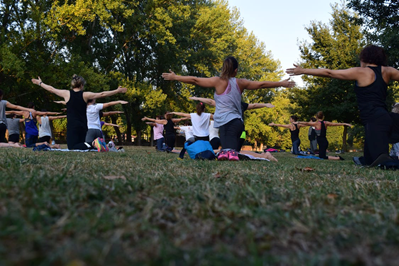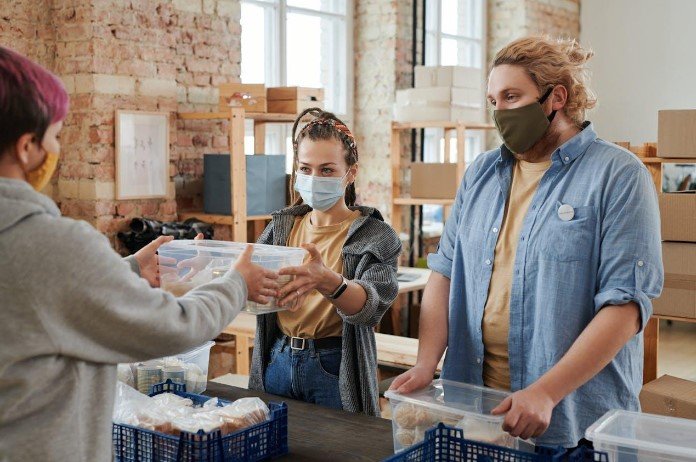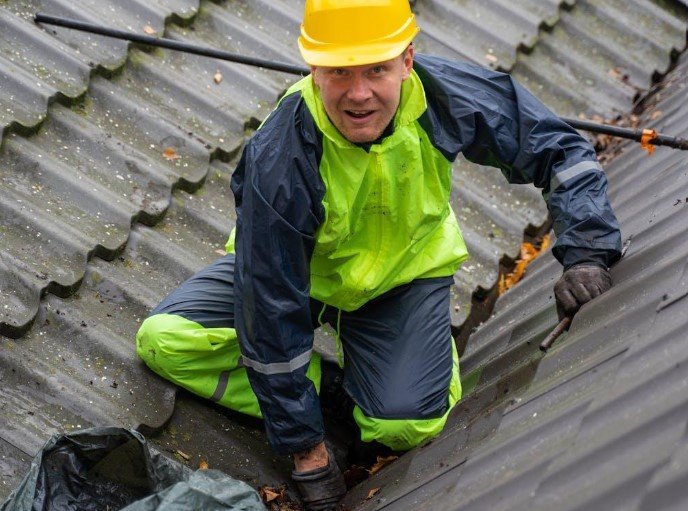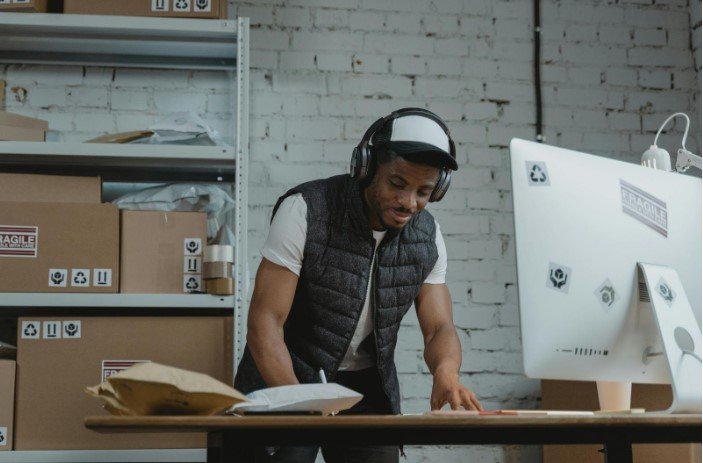10 Tips For Keeping Your Baby Healthy

Especially for first0time parents, keeping your baby healthy is a challenge because you are new to the entire experience. You don’t know whom to listen to since everyone is bombarding you with their pieces of advice. While they may mean well, it’s still not easy to act on everyone’s advice.
As a parent, your main goal should be to keep your child healthy and safe from germs and bacteria. A clean and safe environment is essential for your child to grow into an active and healthy adult. Therefore you must take practical steps to keep your baby distant from harm’s reach. Allow us to take some worries off your shoulder by introducing you to some useful tips for keeping your baby healthy.
- Get your child checked for birth injuries
7 in 1000 children in the USA experience birth injuries, so they’re not uncommon. However, some injuries can have life-altering consequences, and you only find out later since signs take a few weeks or months to start showing. So, to be on the safe side, it’s best to get your child checked as soon as possible.
For example, cerebral palsy is one example of a birth injury that affects a child’s movement, balance, and posture. It can occur because of medical malpractice and takes a few months to show signs. Regular check-ups can identify the condition early on so that you can take corrective measures to minimize the damage over time. You can also get cerebral palsy legal help to gain financial compensation for your child’s treatment.
- Don’t delay your child’s vaccinations
Vaccinating your baby is one of the foremost responsibilities of any parent. Your child needs to receive different vaccinations throughout the first four years to protect them from disease-causing bacteria and viruses. Vaccines are highly effective in preventing diseases like:
- Hepatitis
- Chickenpox
- Measles, mumps, and rubella
- Diphtheria, tetanus, and pertussis
- Influenza
In addition, every adult coming into frequent contact with your baby should be up-to-date with their prescribed vaccines. If they are not vaccinated, the baby can still catch the illness. While you can’t force visitors to get vaccinated, you can ensure you’ve received your shots, and you can definitely limit who gets to touch or see the baby.
- Wash your hands
Regular handwashing can contribute to keeping your baby away from harm as it kills harmful germs from your hands. Everybody should wash their hands before touching the baby. This practice ensures people do not transfer germs and diseases to the child. Also, cover your mouth and nose when sneezing or coughing near the baby.
- Keep the floors clean
Shoes are one of the main sources of bringing germs into your house. Dirt and germs accumulate on your shoes throughout the day, ending up on the floor of your house. Hence, exposure is a risk whenever you put your baby down on the floor. So you should clean the floors regularly with effective anti-bacterial cleaners.
- Baby-proof your house
As soon as your baby hits the crawling stage, the chances of getting hurt increase. To overcome this, you should make certain modifications in your house, such as installing a baby door near the stairs, covering electrical sockets, keeping sharp and hot objects away from the baby’s reach, etc. You should also put away any tiny objects your baby might swallow and choke on and be on the lookout for toxic items, like household cleaners.
- Breastfeed the baby
Babies who are breastfed are less prone to suffer from certain diseases, like asthma, diabetes, and obesity. A mother’s milk has enough nutrients to meet the infant’s needs, and it is also easily digestible. Hence breastfeeding helps to build immunity. Visit Majka to help you learn how to breastfeed and become a confident nursing mom and try to shop now.
Preferably, you should feed your newborn after every 2 to 3 hours to fulfill their nourishment. If they feel gassy, you will have to make them burp after feeding them. One of the easiest ways to make a baby burp is to rest their head on your shoulder while holding them upright. Pat their back gently until you hear the burp sound.
- Bath frequently
Giving proper baths twice or thrice a week is sufficient to keep your child clean. If you’re uncomfortable while giving a proper bath, opt for a sponge bath instead. You can gently sponge their body with baby-friendly soaps to clean your baby’s skin. Once you feel more confident holding your child, switch to bathing them in a small tub or the sink.
- Learn about sleep positions
Until the age of 3 months, ensure your child sleeps on its back to reduce the chances of SIDS (Sudden Infant Death Syndrome). Also, avoid using heavy blankets, stuffed toys, and pillows in the baby’s crib to prevent suffocation. Moreover, keep dim lighting in the room during nighttime to create an environment conducive to sleep.
- Encourage healthy eating
Once your baby is 7 to 8 months old, you should incorporate soft foods from different food groups into their diet. For example, introduce them to mashed fruits and vegetables that are easy to swallow. You can also feed them porridge, yogurt, and cheese to increase their intake of high-quality carbs and proteins essential for growth. However, ask your kid’s pediatrician to develop a proper meal plan for the baby.
- Create a smoke-free house
This may be difficult if your partner is a smoker, but it’s essential for your child’s health. The toxins from the smoke can enter your baby’s lungs and impair growth. So, discourage smoking around the baby.
Conclusion
Caring for a newborn can be tough for first-time parents, but with the right help and knowledge, you can become good at it in no time. You can also use the time during pregnancy to make yourself aware of the tips and ways that will help in keeping the baby safe from germs, illnesses, etc. While doing all this, do not forget to take care of yourself. A healthy parent is just as essential in protecting the baby’s health as all of the above.












